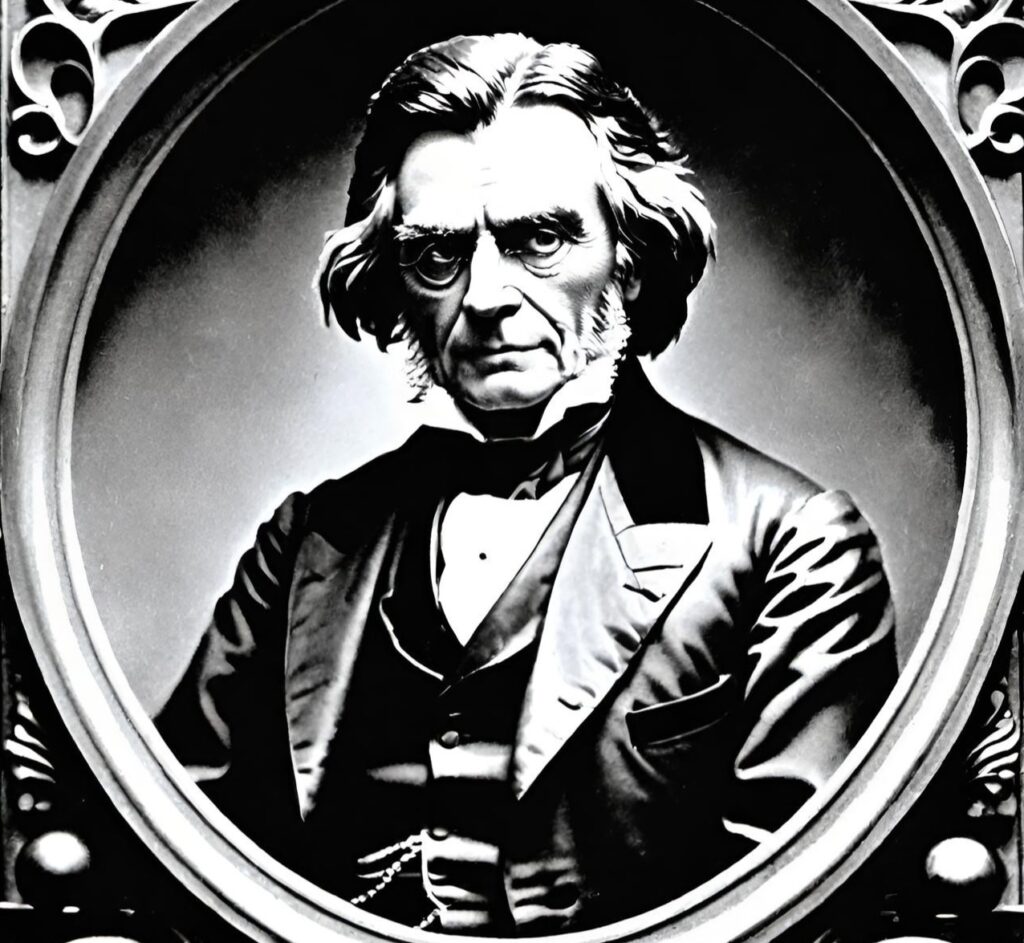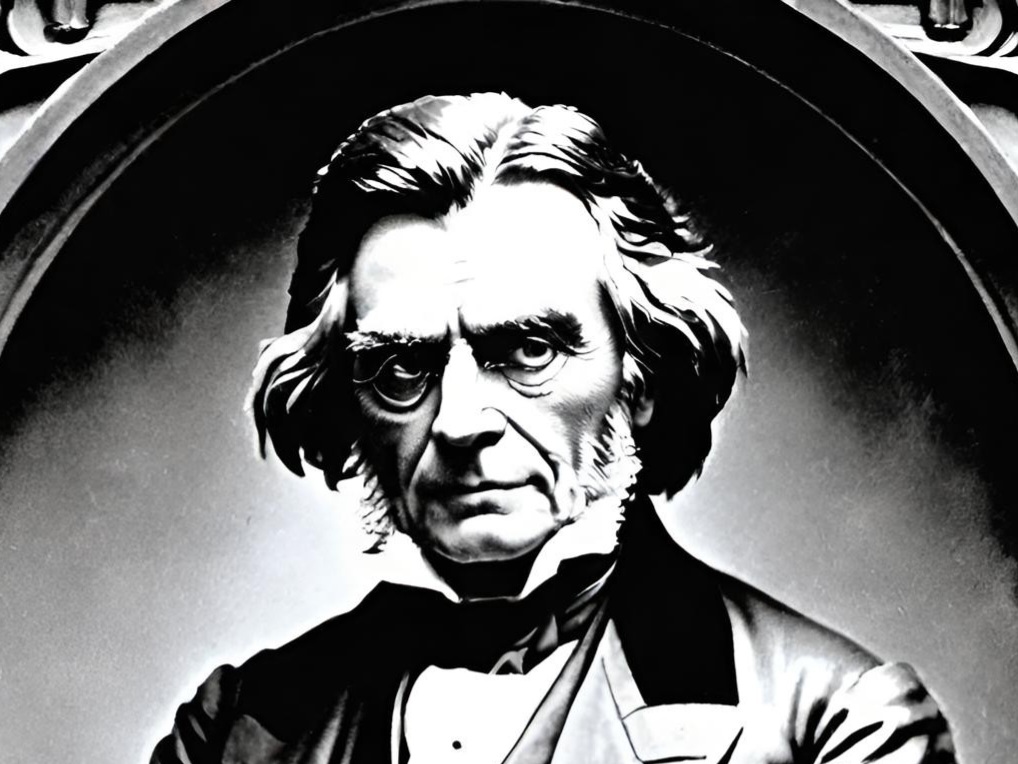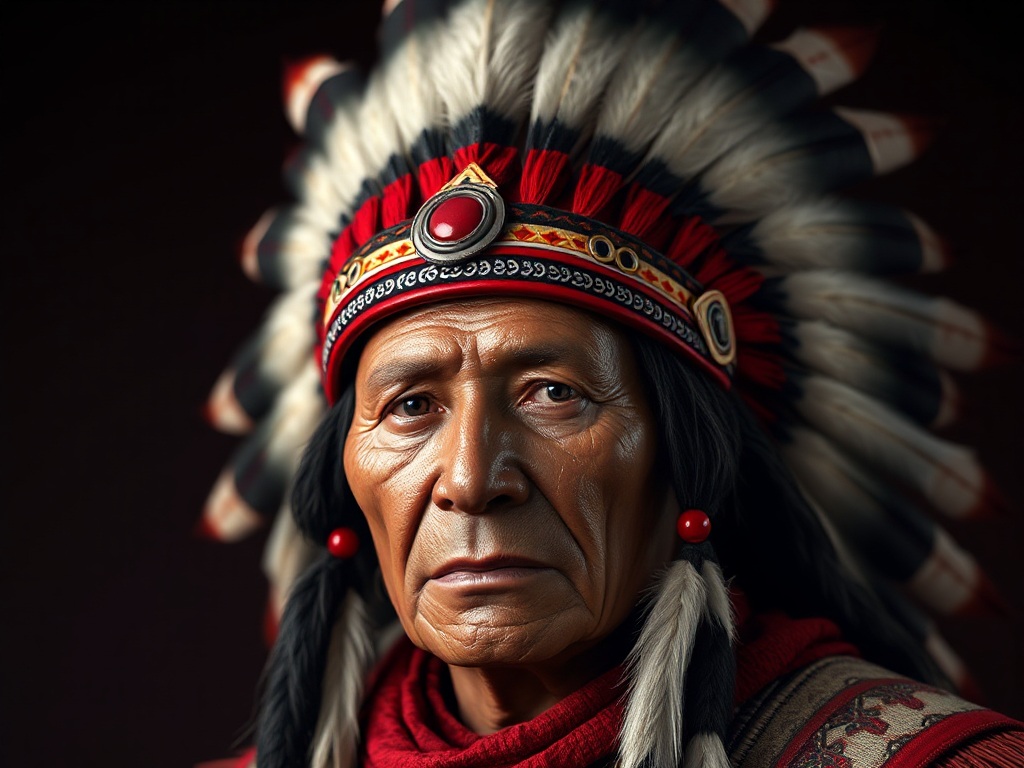Thomas Henry Huxley, often referred to as “Darwin’s Bulldog,” was a pivotal figure in the scientific world of the 19th century. His tireless efforts to promote evolutionary biology and his contributions to science and society have left a profound legacy that continues to influence the world today.
The known is finite, the unknown infinite; intellectually we stand on an islet in the midst of an illimitable ocean of inexplicability. Our business in every generation is to reclaim a little more land, to add something to the extent and the solidity of our possessions.
Thomas Henry Huxley
Champion of Evolutionary Theory
Huxley is best known for his staunch defense of Charles Darwin’s theory of evolution by natural selection. At a time when Darwin’s ideas faced considerable opposition from religious and scientific quarters, Huxley emerged as a powerful advocate for the theory. His eloquent debates and writings helped to popularize and legitimize evolutionary biology.
One of Huxley’s most famous contributions to the evolution debate was his debate with Samuel Wilberforce in 1860. In this legendary confrontation, Huxley defended Darwin’s ideas with both scientific rigor and wit, earning the respect of his peers and helping to shift public opinion in favor of evolutionary biology.
Bridging Science and Society
Beyond his work in evolutionary biology, Huxley played a crucial role in bridging the gap between science and society. He believed that scientific knowledge should be accessible to all, not just the elite. Huxley was a strong advocate for education and worked tirelessly to reform the British education system. He believed that science should be a fundamental part of education, and his efforts laid the groundwork for the modern scientific curriculum.
Huxley’s commitment to education extended beyond the classroom. He was a prolific writer and speaker, using his talents to communicate complex scientific ideas to the general public. His popular lectures and essays, such as “On a Piece of Chalk,” made science accessible and engaging to a wide audience.
Contributions to Scientific Disciplines
Huxley’s influence extended beyond evolutionary biology. He made significant contributions to various scientific disciplines, including paleontology, comparative anatomy, and anthropology. His work on the classification of animals and his studies of fossils helped to shape the fields of paleontology and zoology.
Moreover, Huxley’s research on human evolution and his assertion that humans shared a common ancestry with apes were groundbreaking at the time. His work laid the foundation for the study of human evolution and anthropology.
Legacy and Impact
Thomas Henry Huxley’s legacy is enduring. His advocacy for science and education helped to establish a culture of scientific inquiry that persists today. His efforts to communicate scientific ideas to the public paved the way for modern science communication. Huxley’s work in evolutionary biology, education reform, and various scientific disciplines continues to influence researchers and educators worldwide.
Conclusion
Thomas Henry Huxley’s contributions to science and society were transformative. His relentless advocacy for evolutionary biology, commitment to education, and groundbreaking research have left an imprint on the world. Huxley’s legacy serves as a testament to the power of science and education in shaping our understanding of the natural world.





